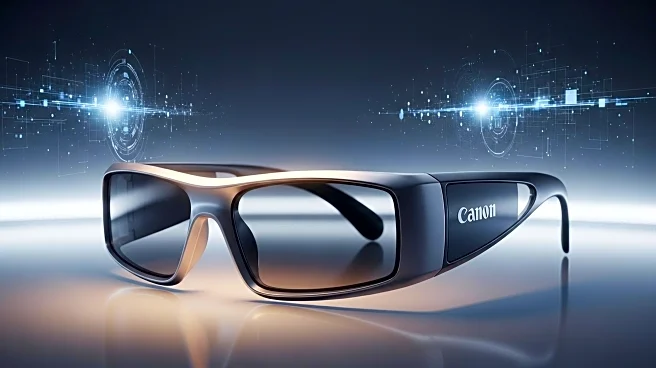What's Happening?
Warner Bros. Discovery is exploring the potential of artificial intelligence to revive 3D cinema, a move that could significantly alter the film industry. Recent data from RealD and comScore indicates a 34% increase in North American 3D ticket sales from May to July 2025 compared to the previous year. This resurgence is partly driven by new laser projection technologies and AI, which can reduce the cost of converting 2D films to 3D. Notable upcoming releases include James Cameron's 'Avatar' sequels and a 3D restoration of Werner Herzog's 'Cave of Forgotten Dreams'. The use of AI in this context is seen as a way to make 3D conversions more affordable, potentially leading to a wave of new and re-released 3D films.
Why It's Important?
The revival of 3D cinema through AI technology could have significant implications for the film industry. By lowering conversion costs, studios may be more inclined to invest in 3D versions of films, potentially increasing box office revenues. This trend could also influence the types of films produced, with a focus on visually immersive experiences. However, the use of AI raises ethical concerns, such as the potential impact on jobs in the post-production sector and the artistic integrity of films. Filmmakers like Werner Herzog have expressed concerns about their work being altered without consent, highlighting the need for careful consideration of AI's role in creative industries.
What's Next?
As AI technology continues to develop, its application in 3D film conversion is likely to expand. Studios may form new alliances to leverage these technologies, potentially leading to a broader range of 3D content. The success of AI-driven 3D films could encourage more filmmakers to explore this format, while also prompting discussions about the ethical implications of AI in the arts. The industry will need to address concerns about job displacement and artistic control to ensure a balanced approach to technological advancements.
Beyond the Headlines
The integration of AI in 3D film production could lead to long-term shifts in how films are made and consumed. As virtual reality and augmented reality technologies advance, the demand for immersive content may grow, positioning 3D films as a key component of future entertainment experiences. This shift could also influence cultural perceptions of cinema, as audiences become accustomed to more interactive and visually engaging storytelling.









